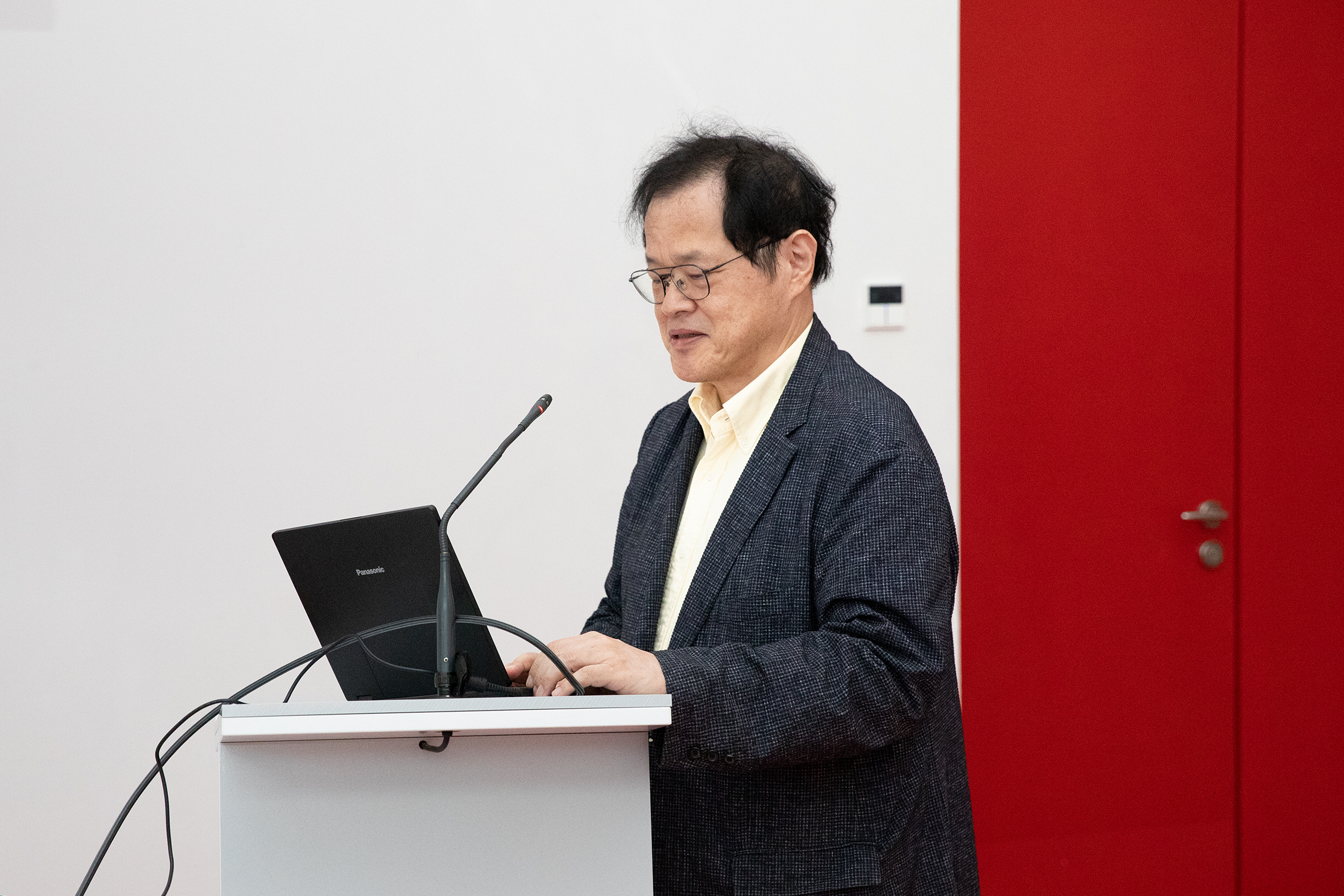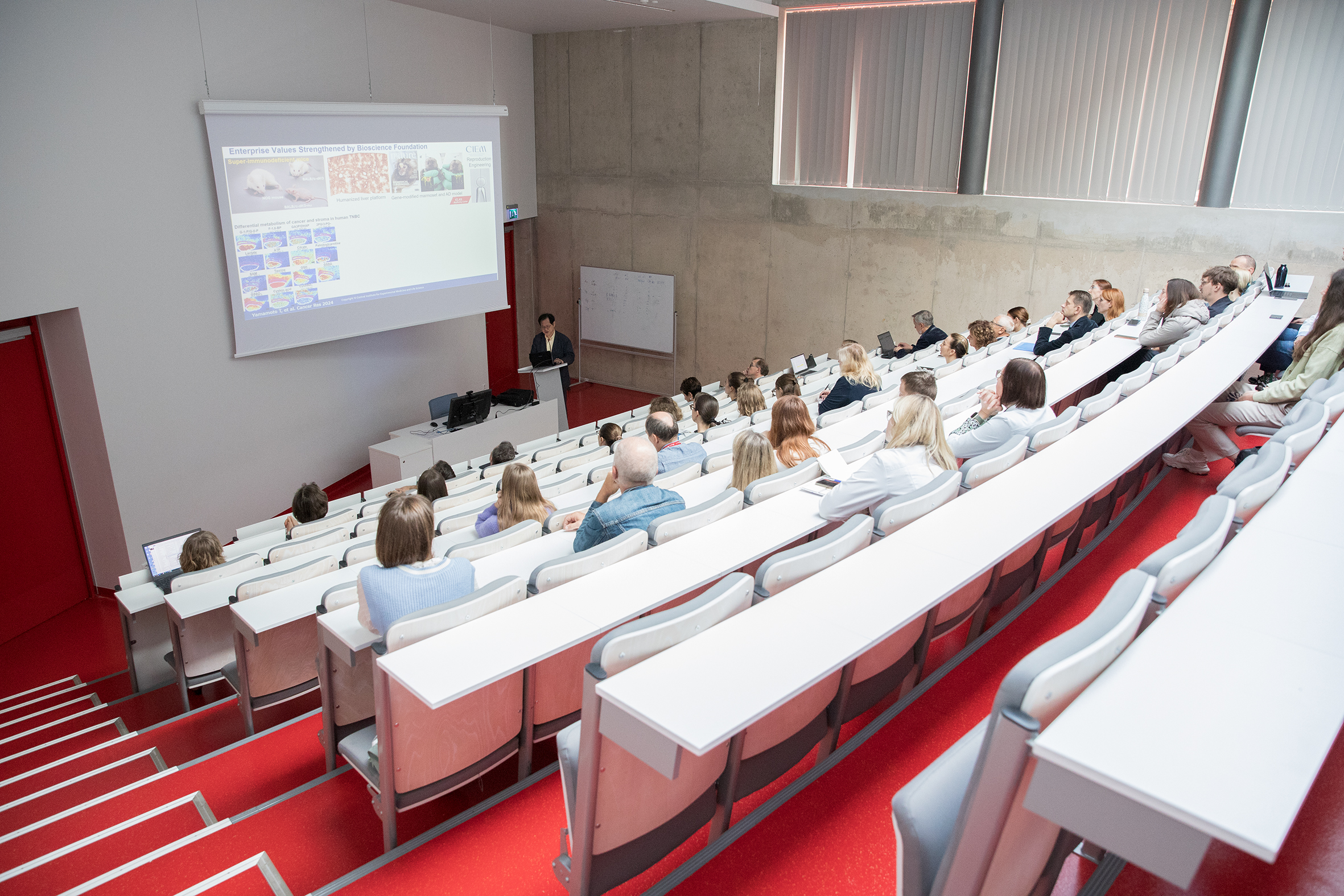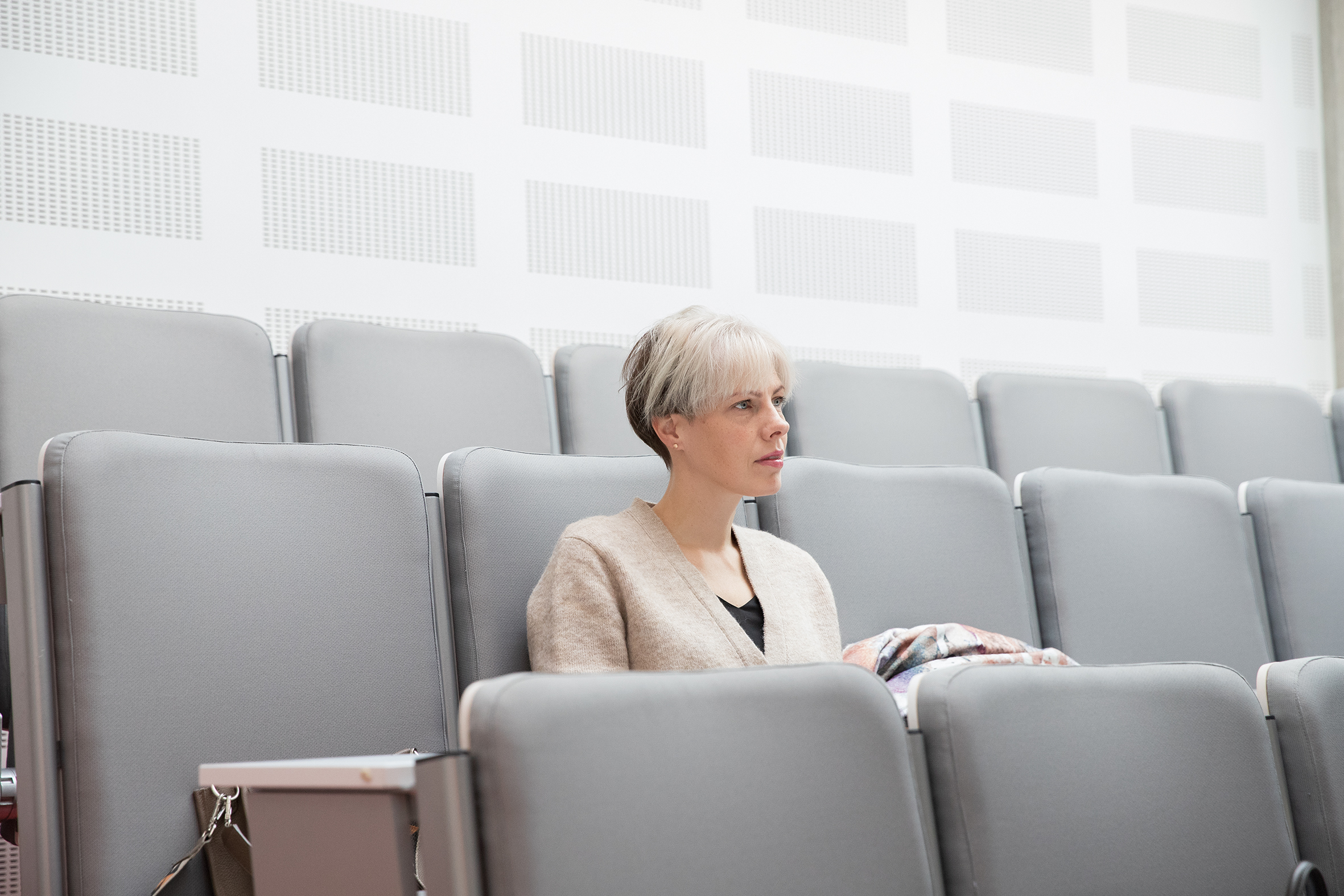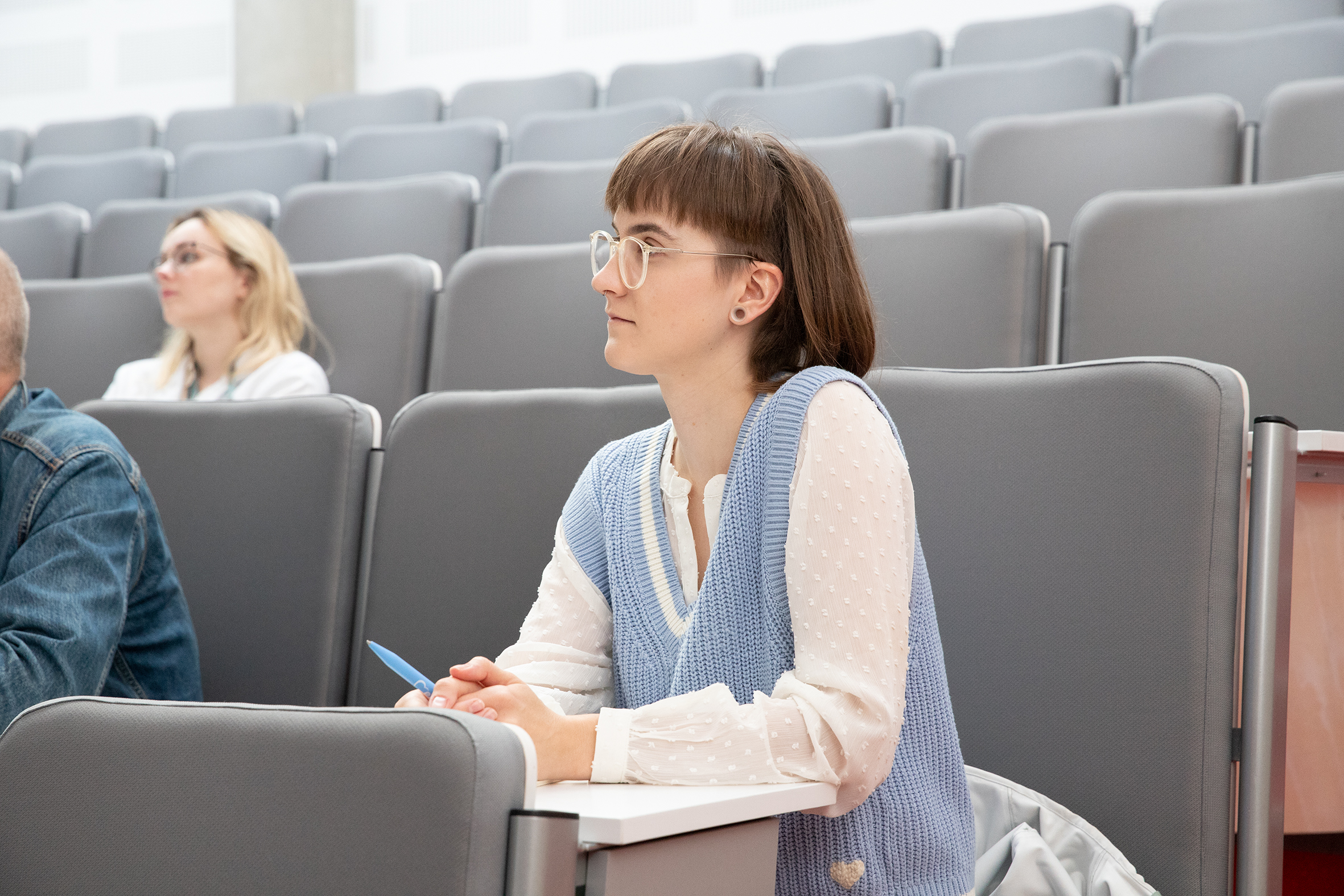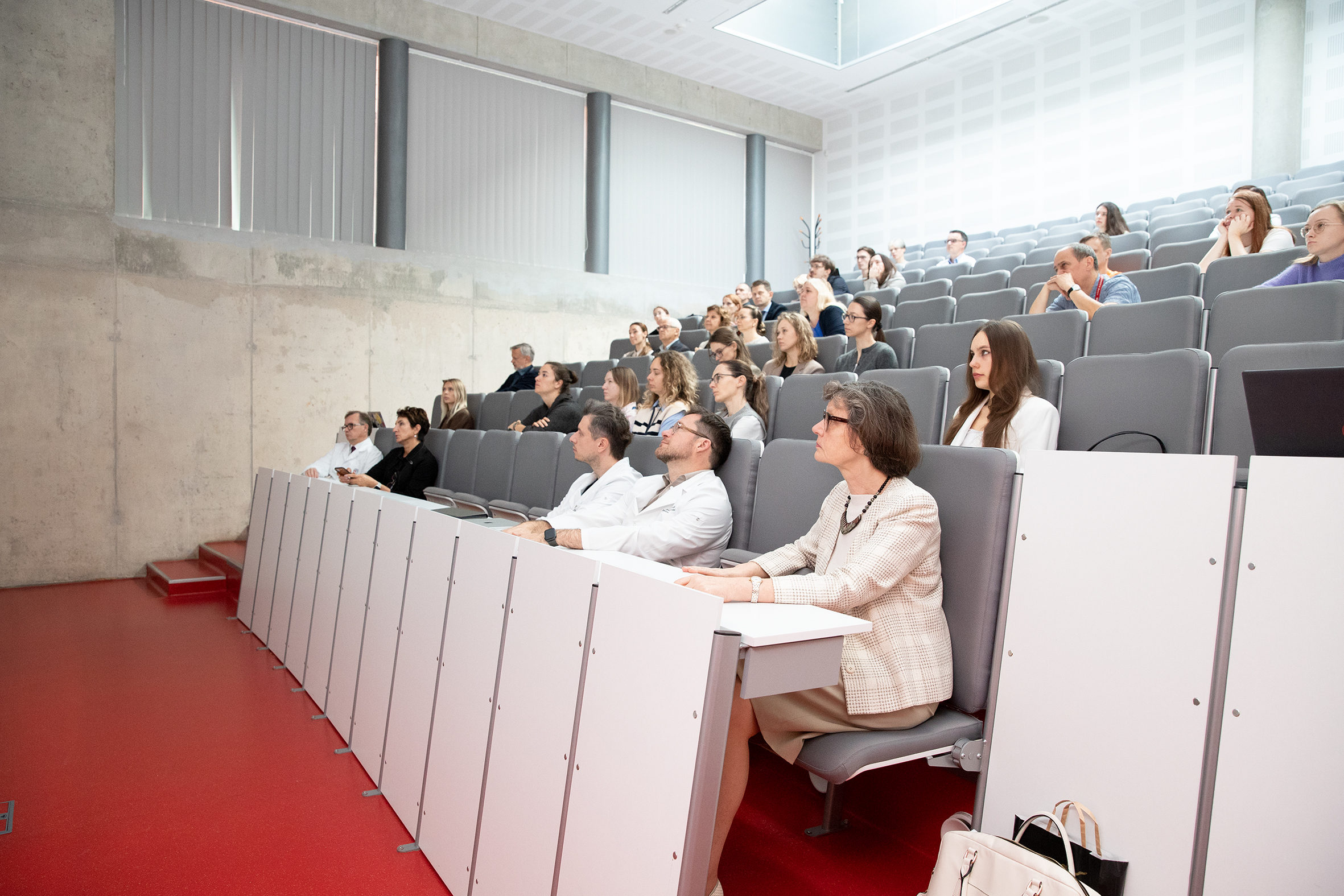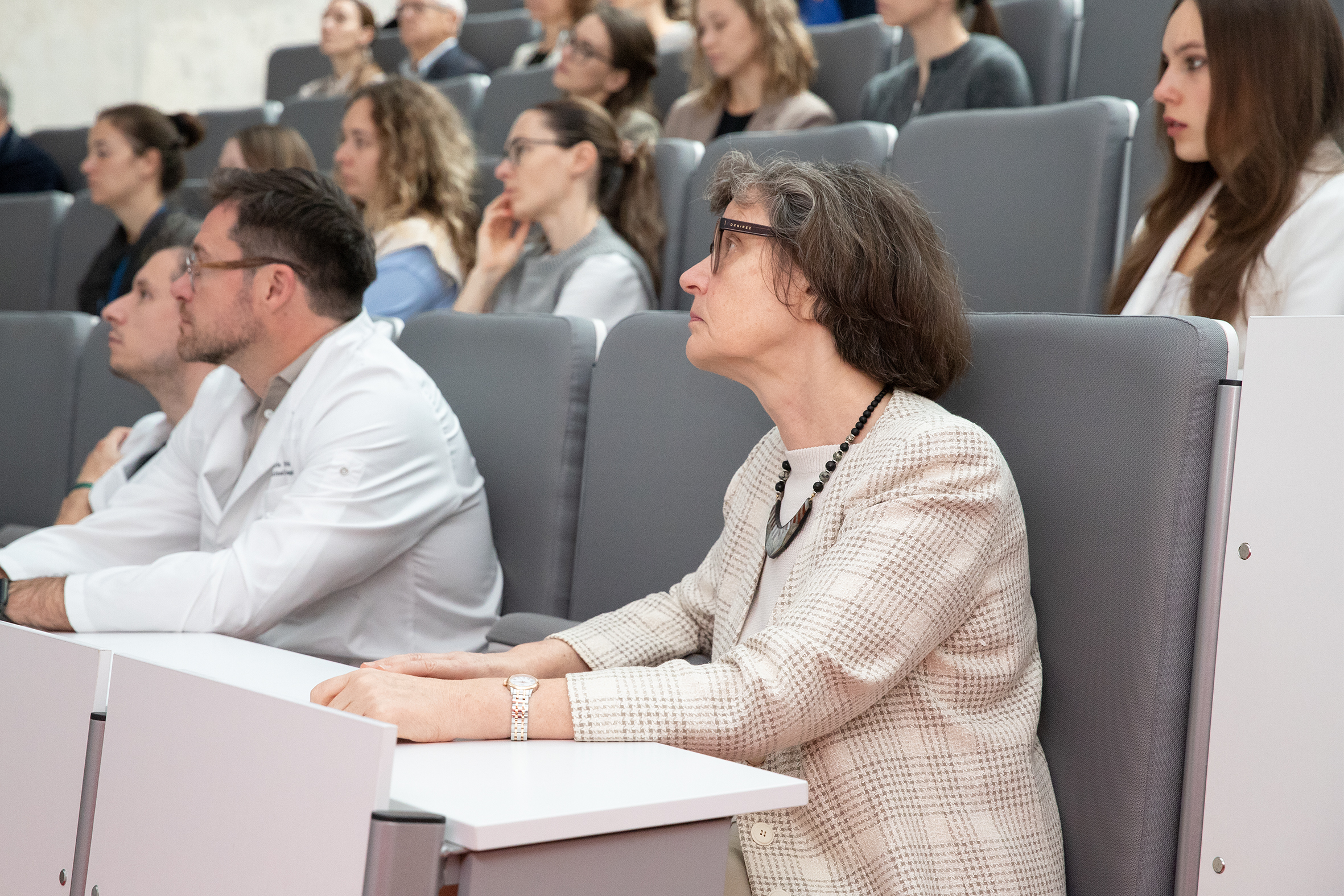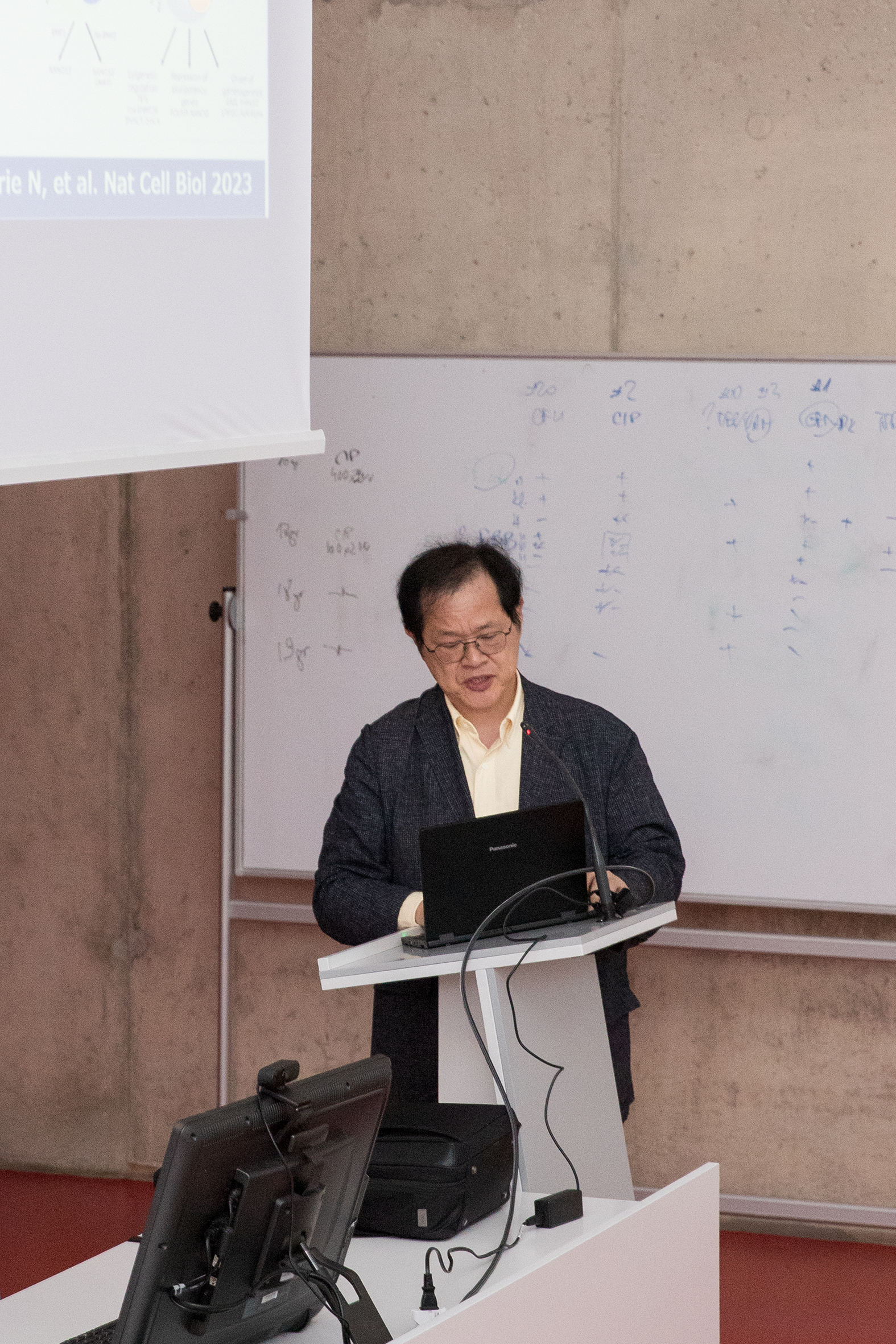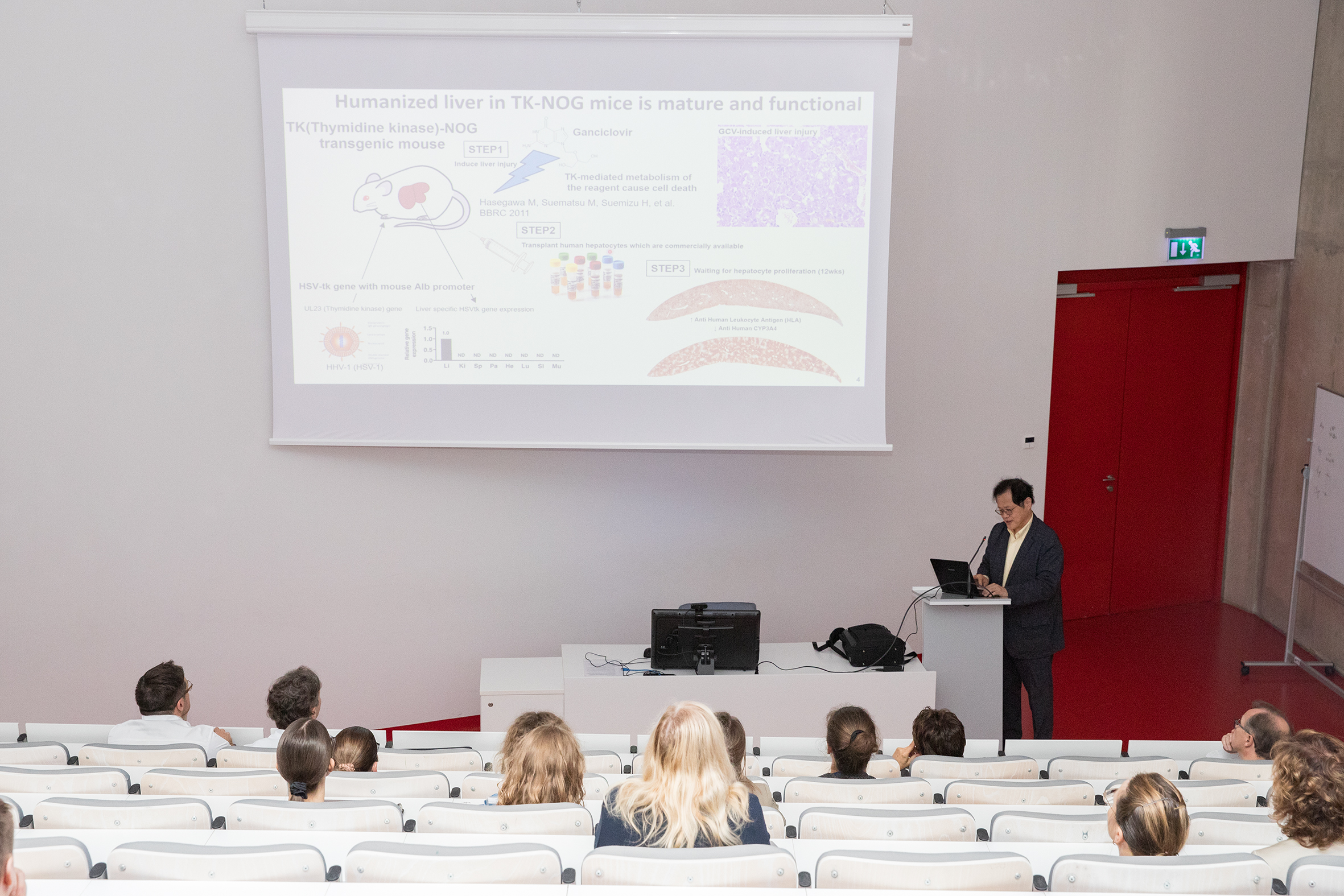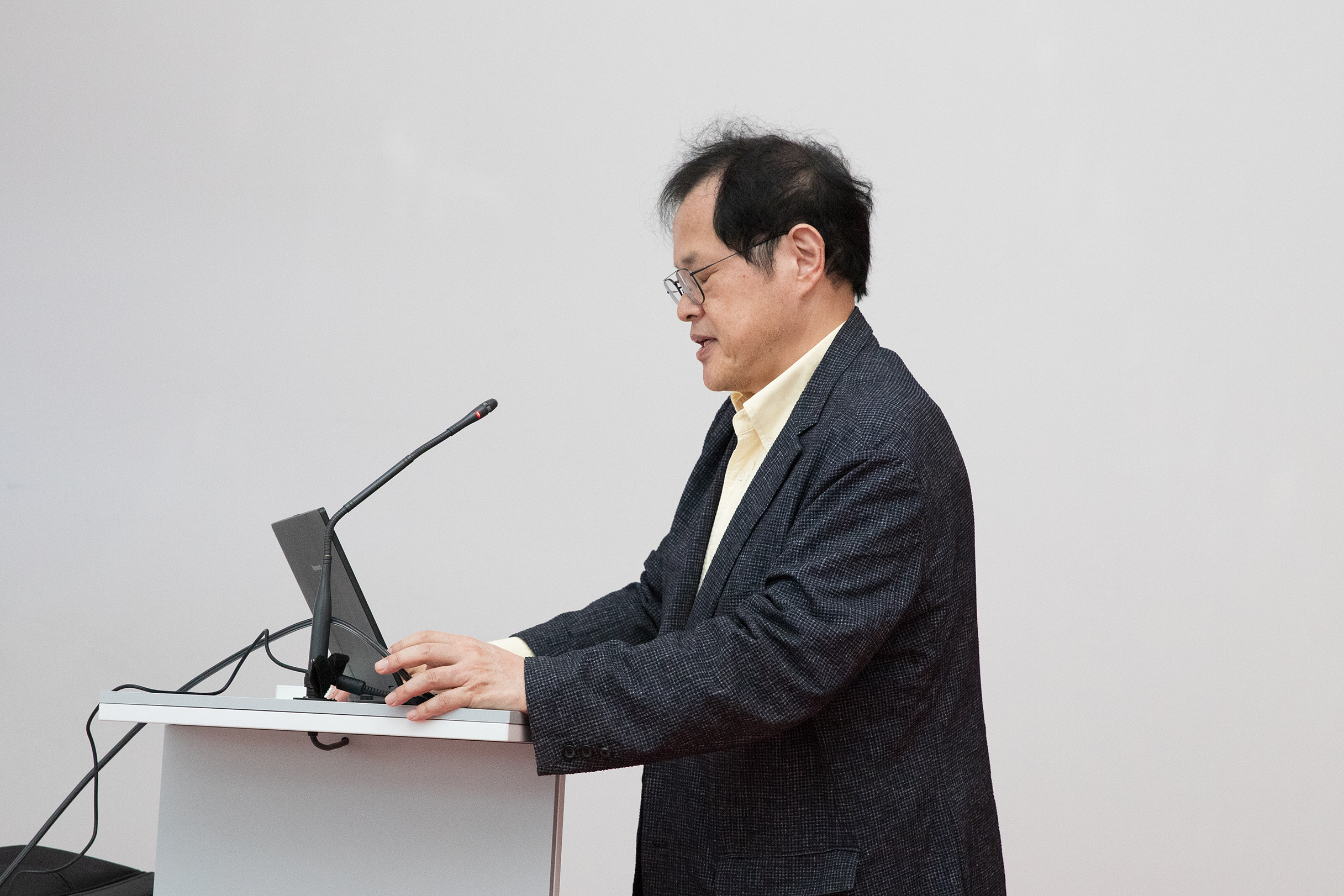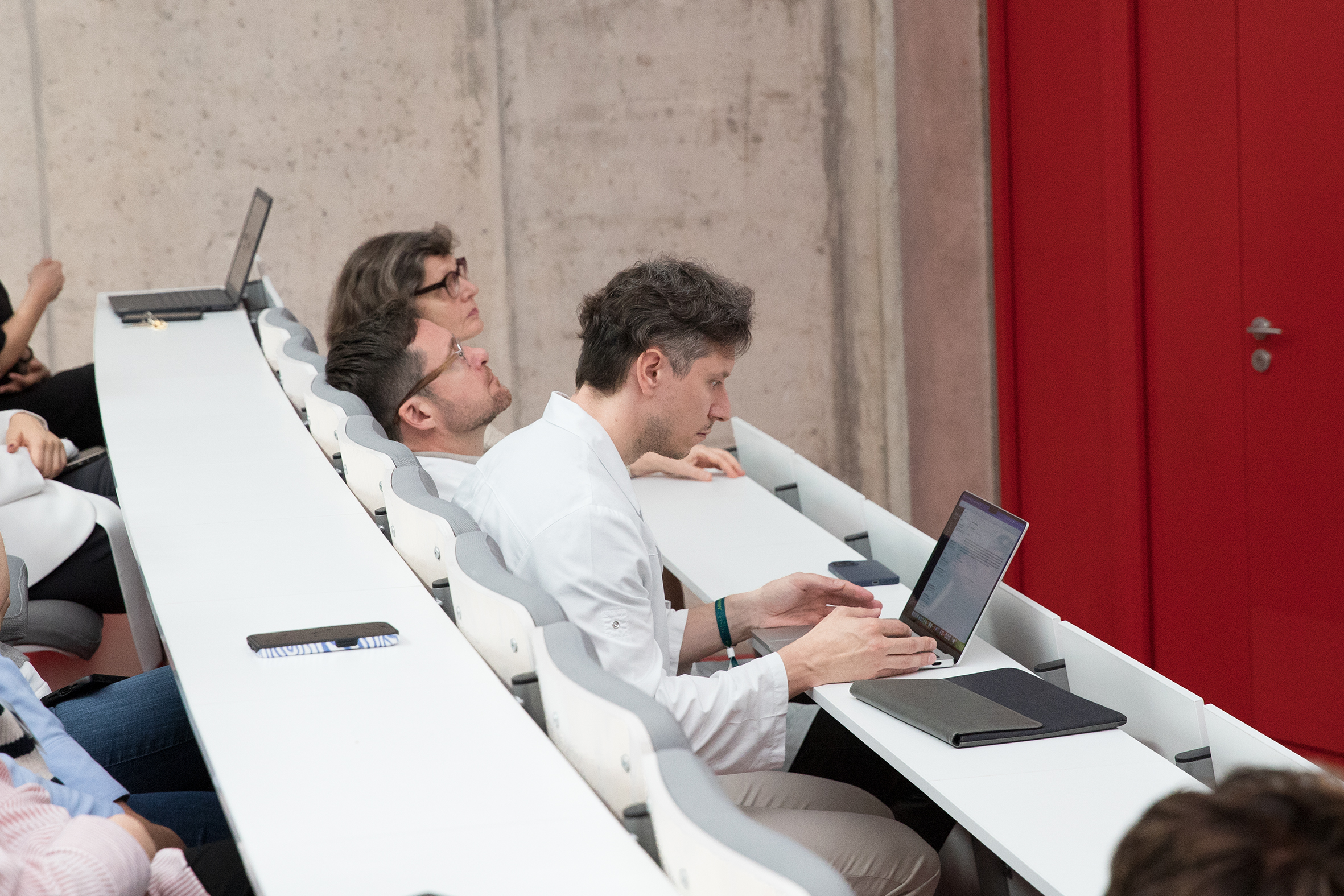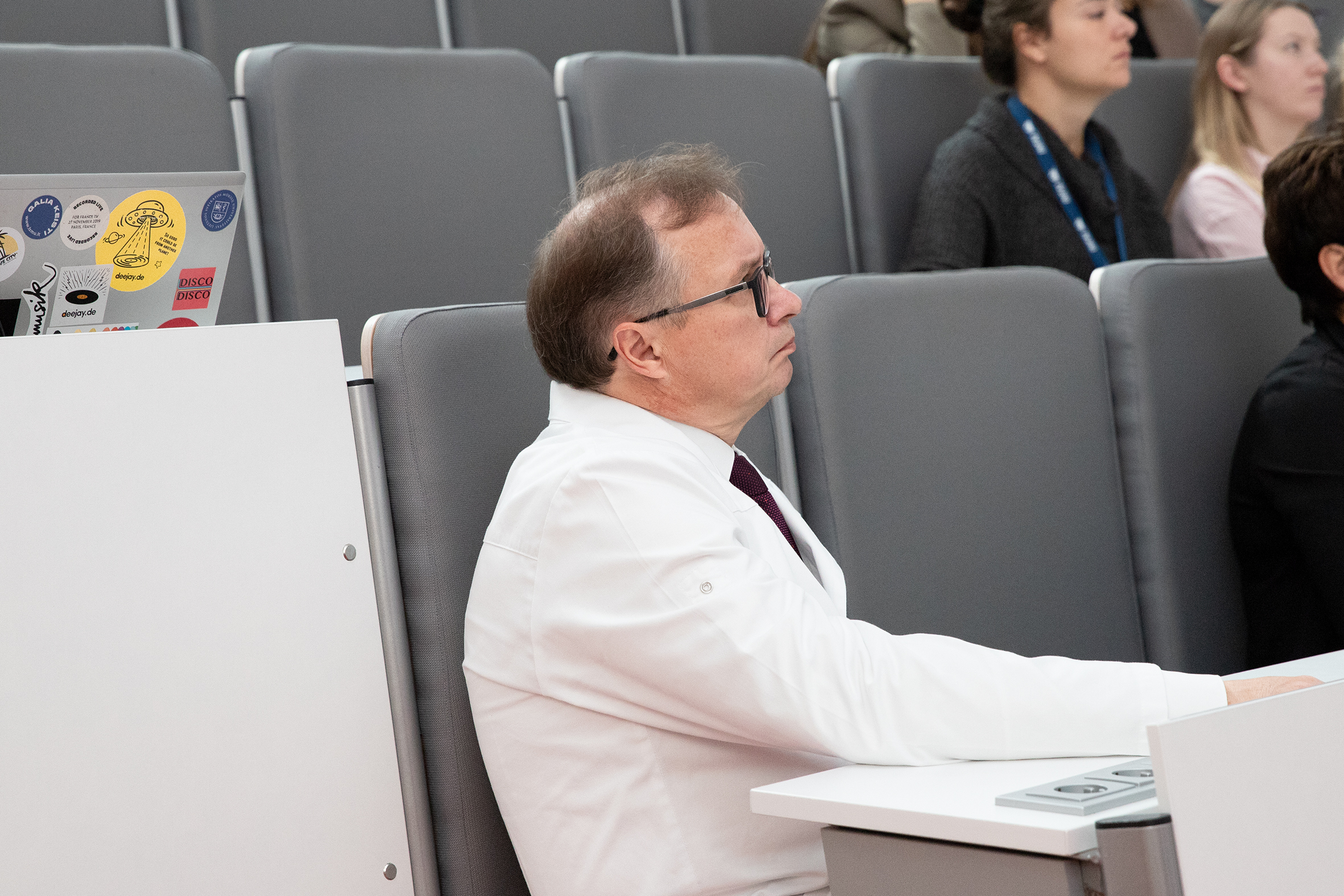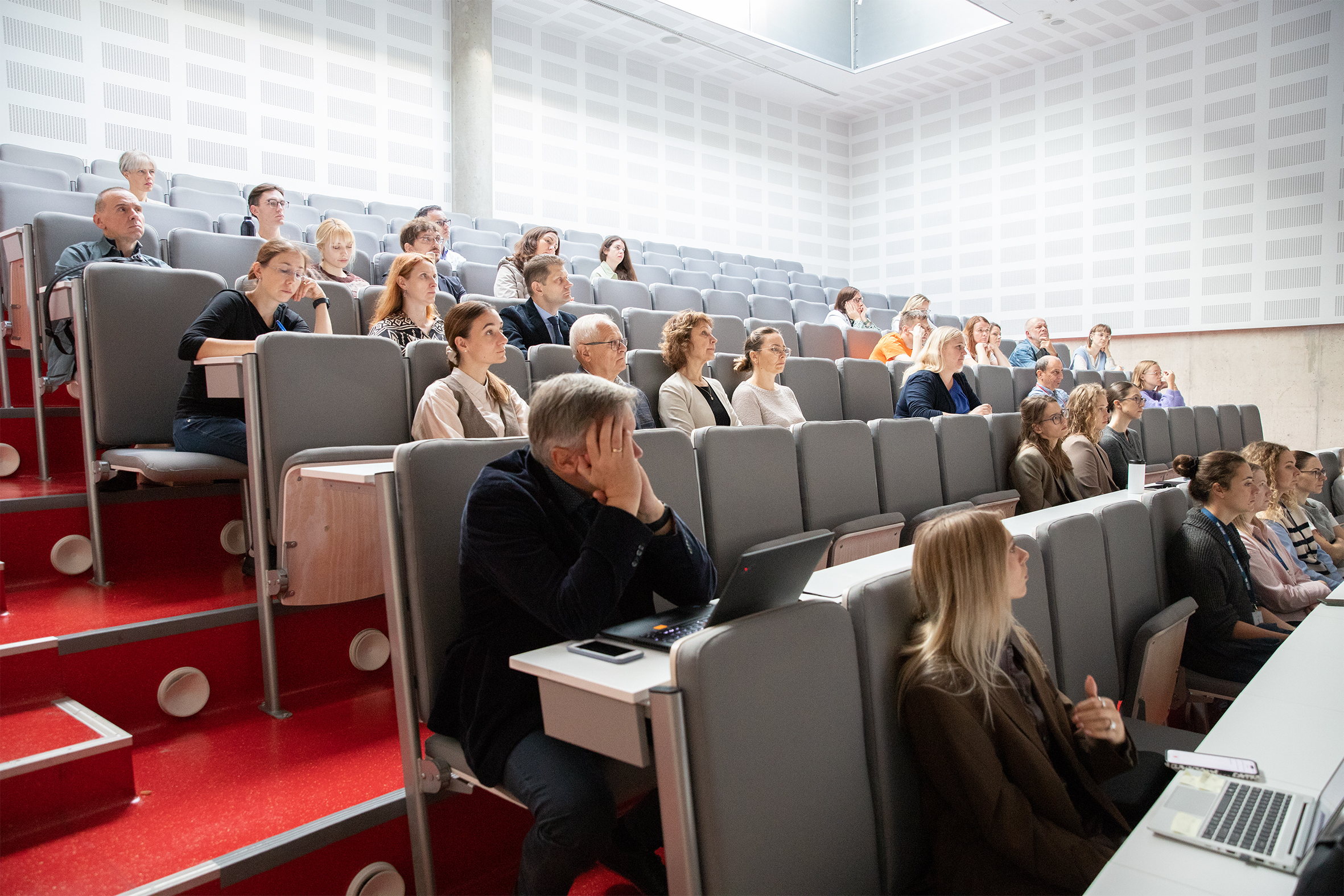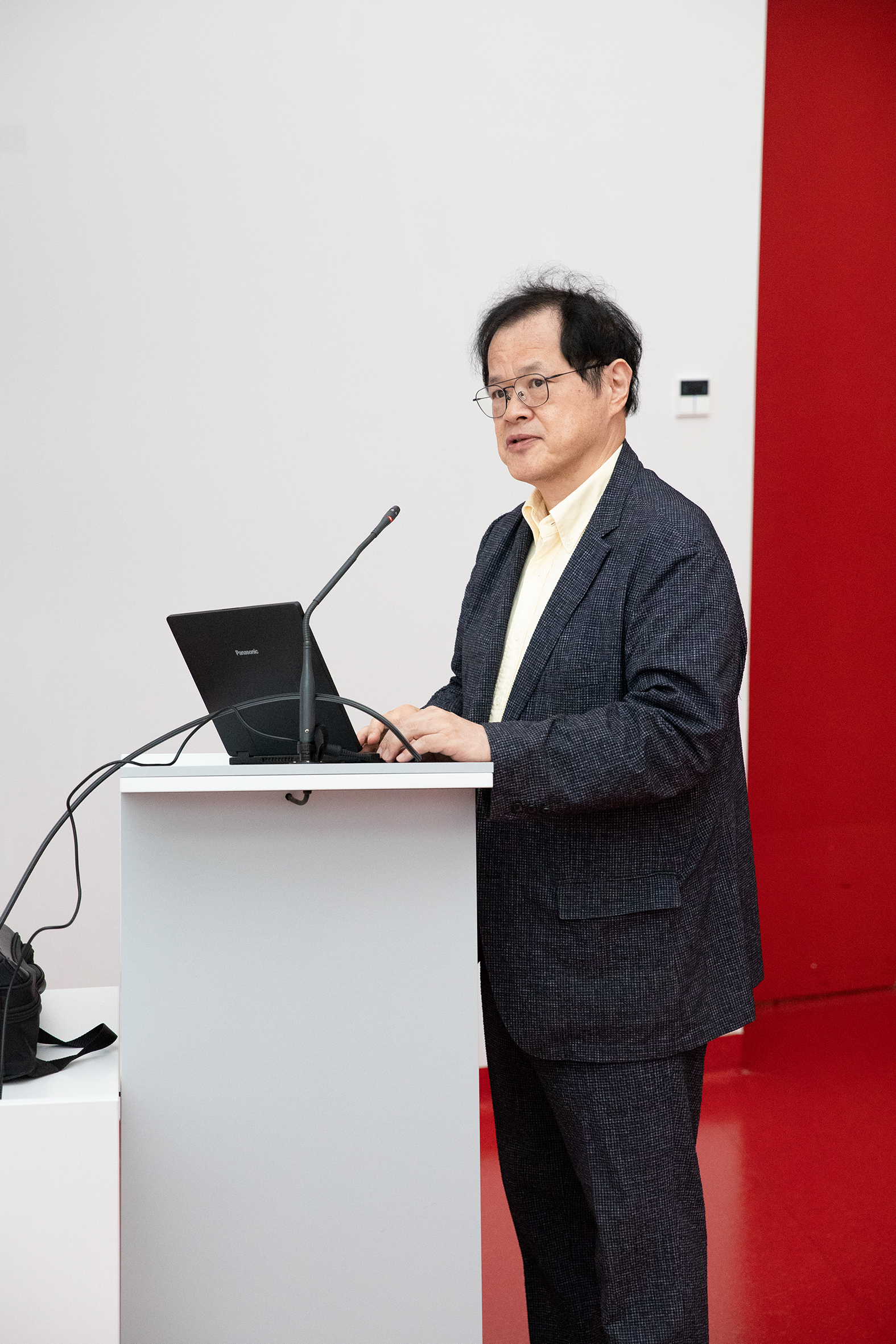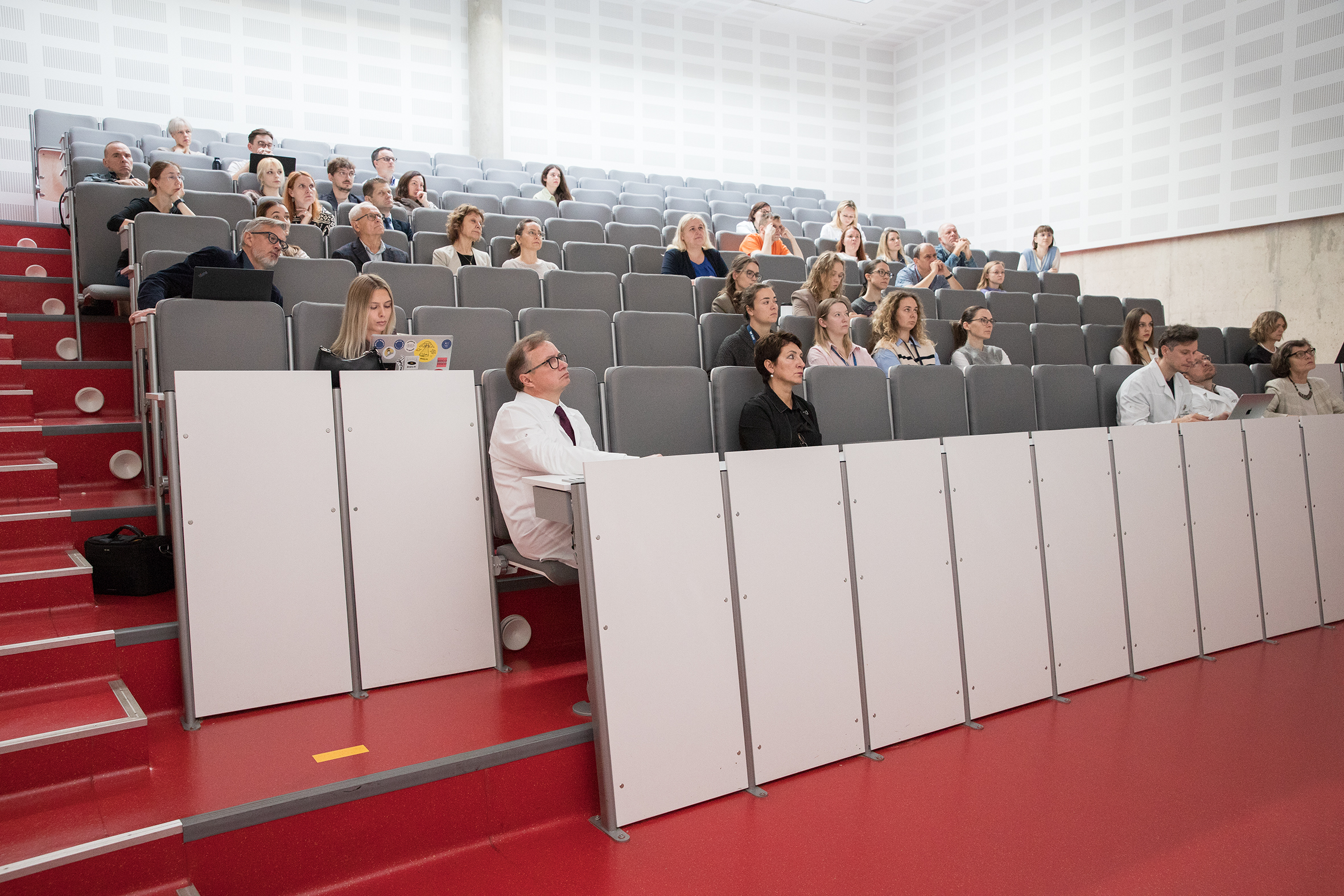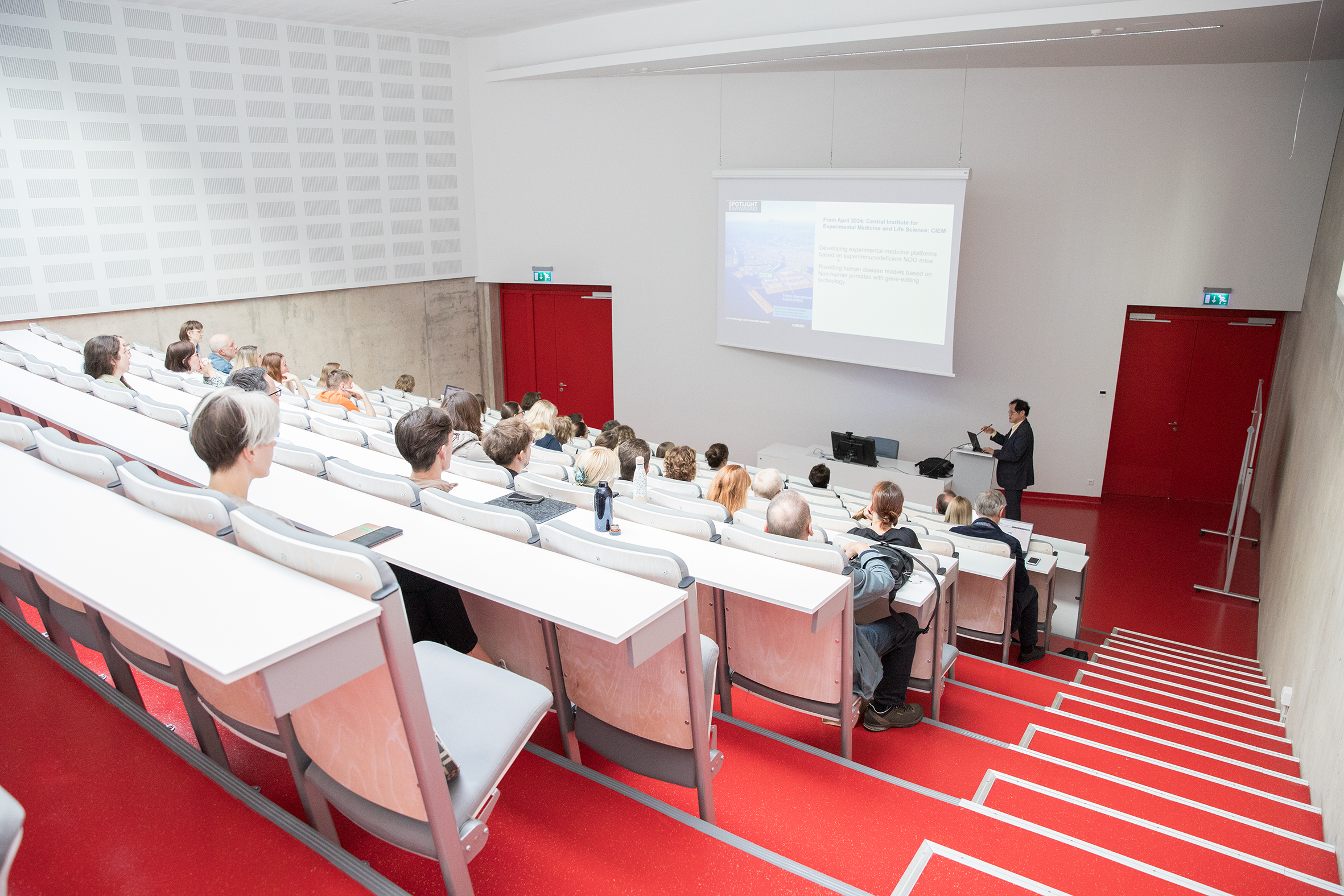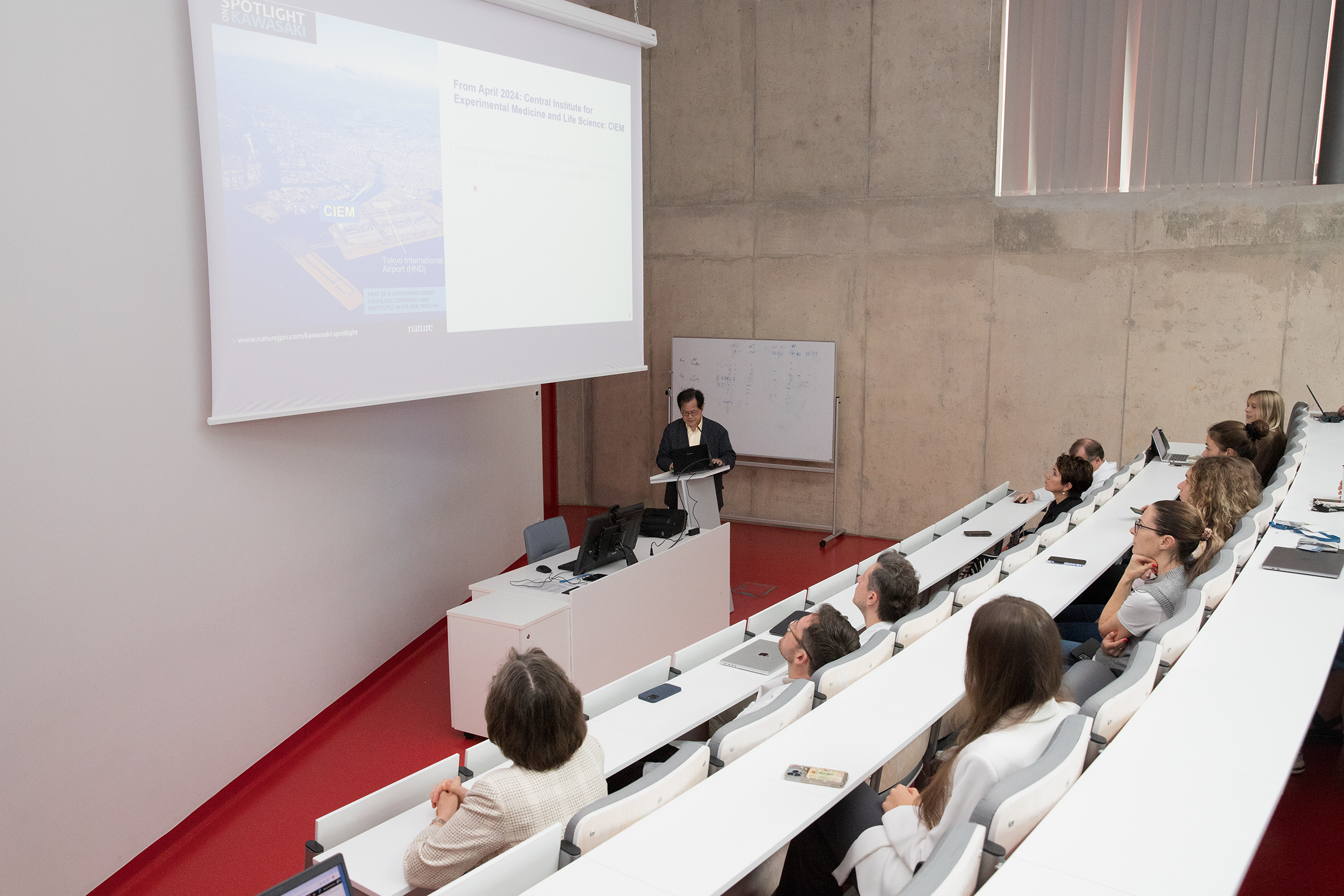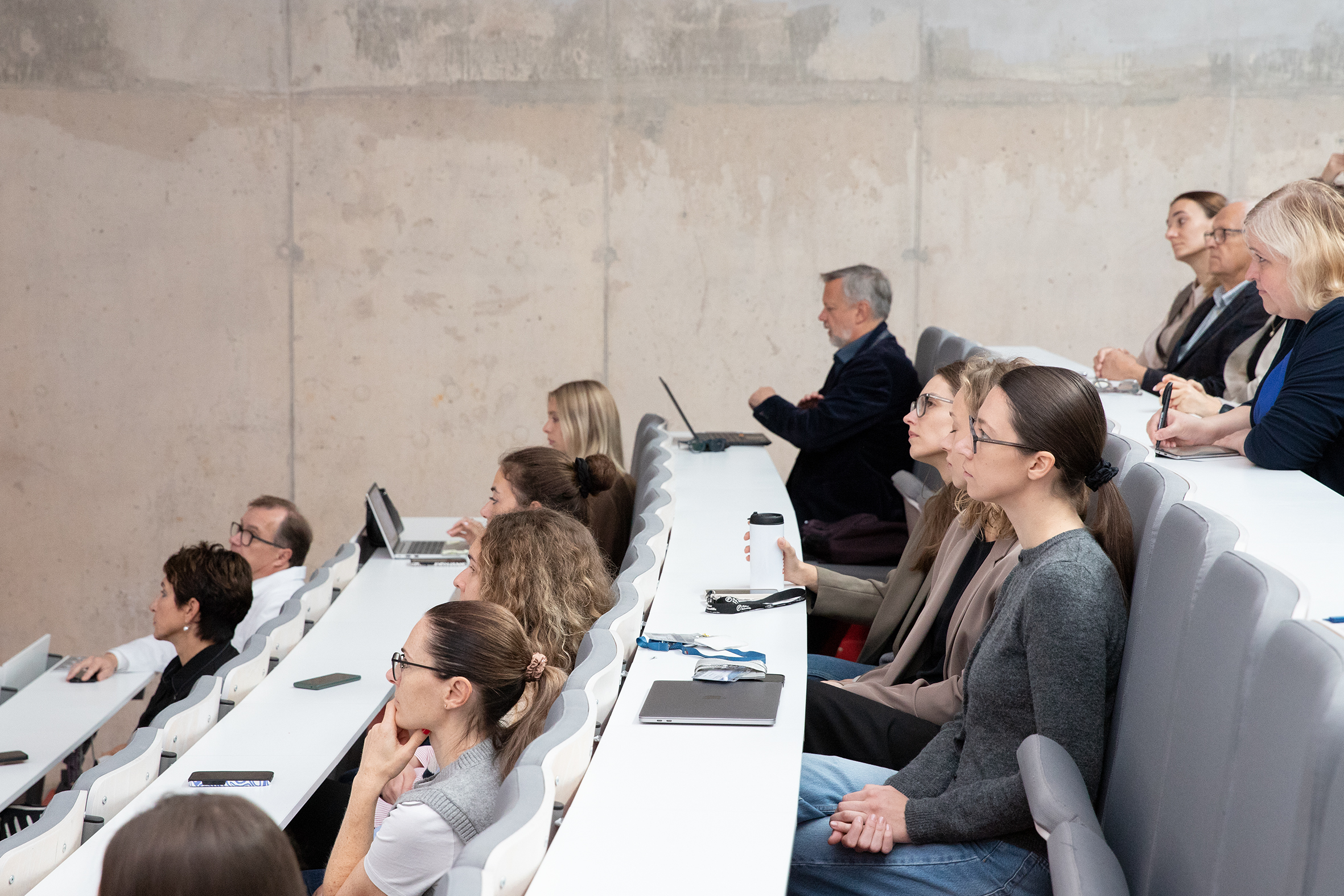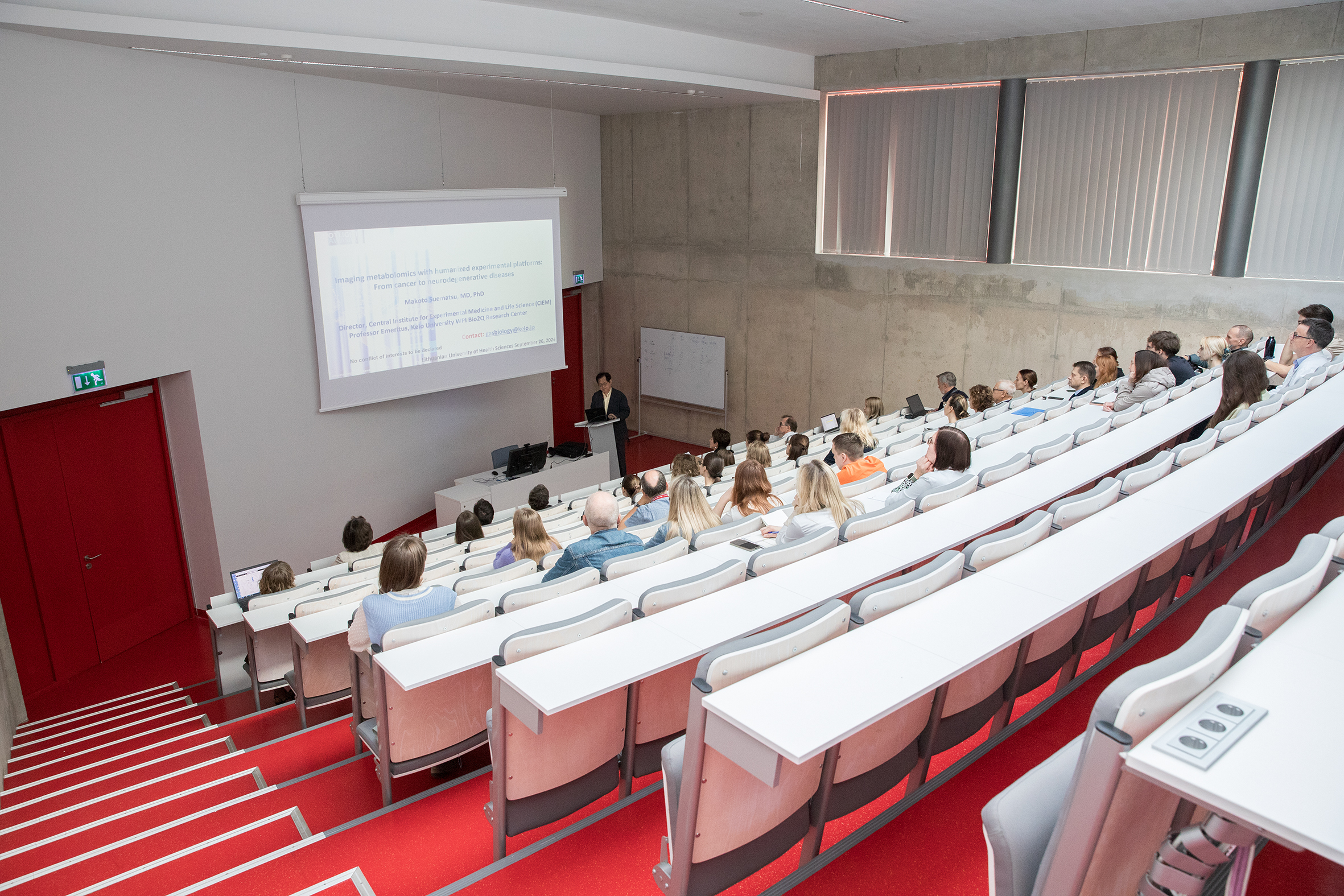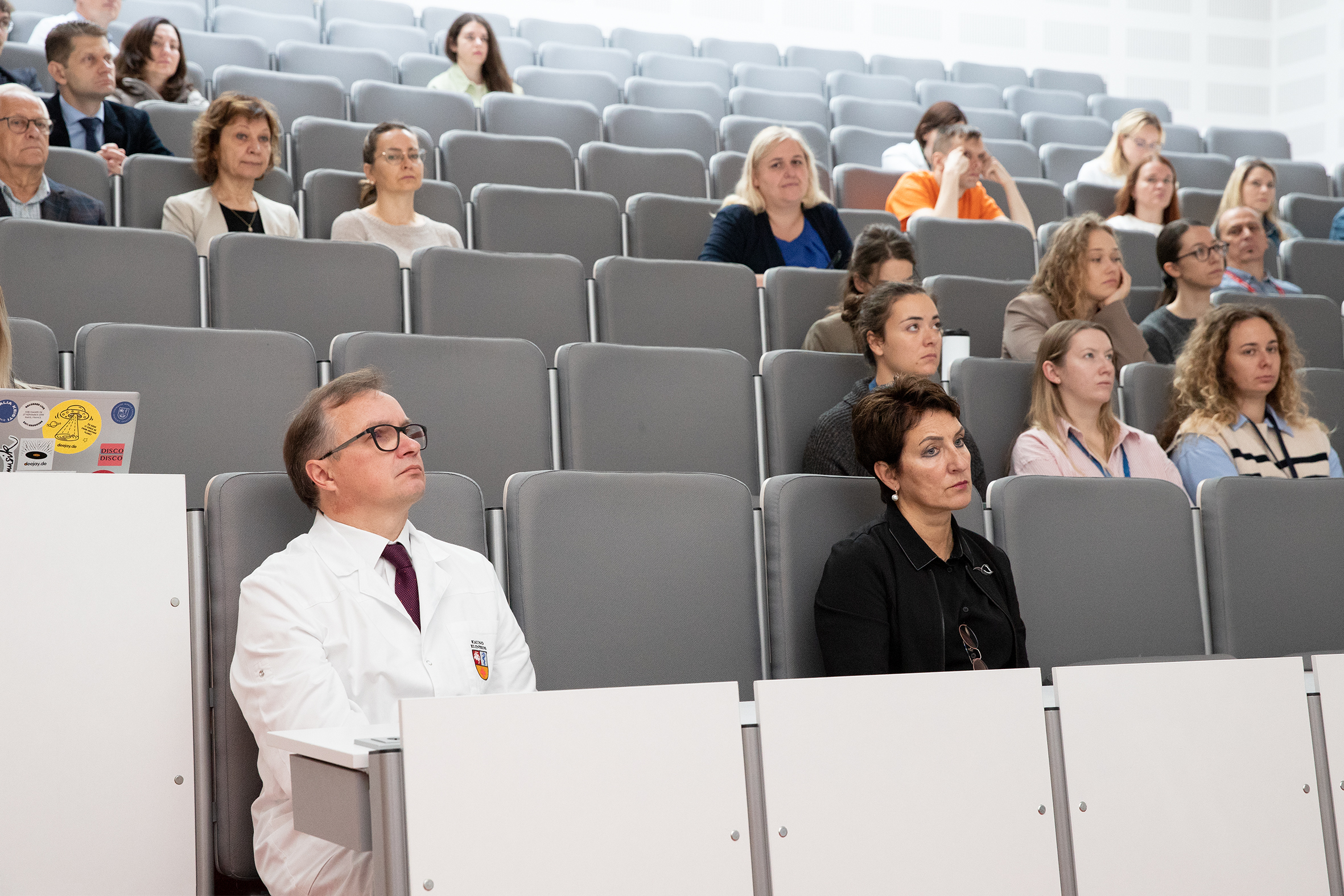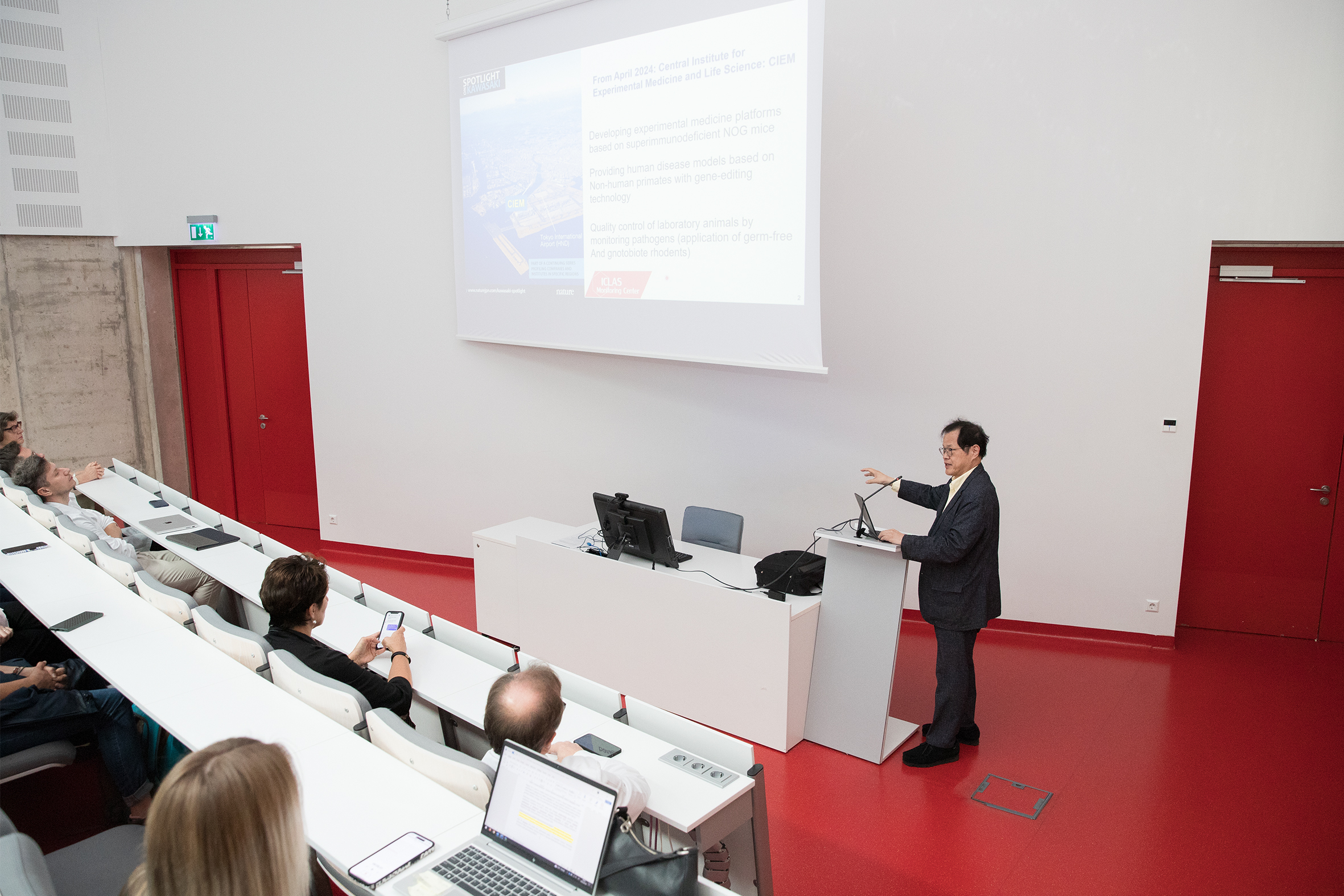Makoto Suematsu, a well-known Japanese academic, visited the LSMU and Kaunas Clinics
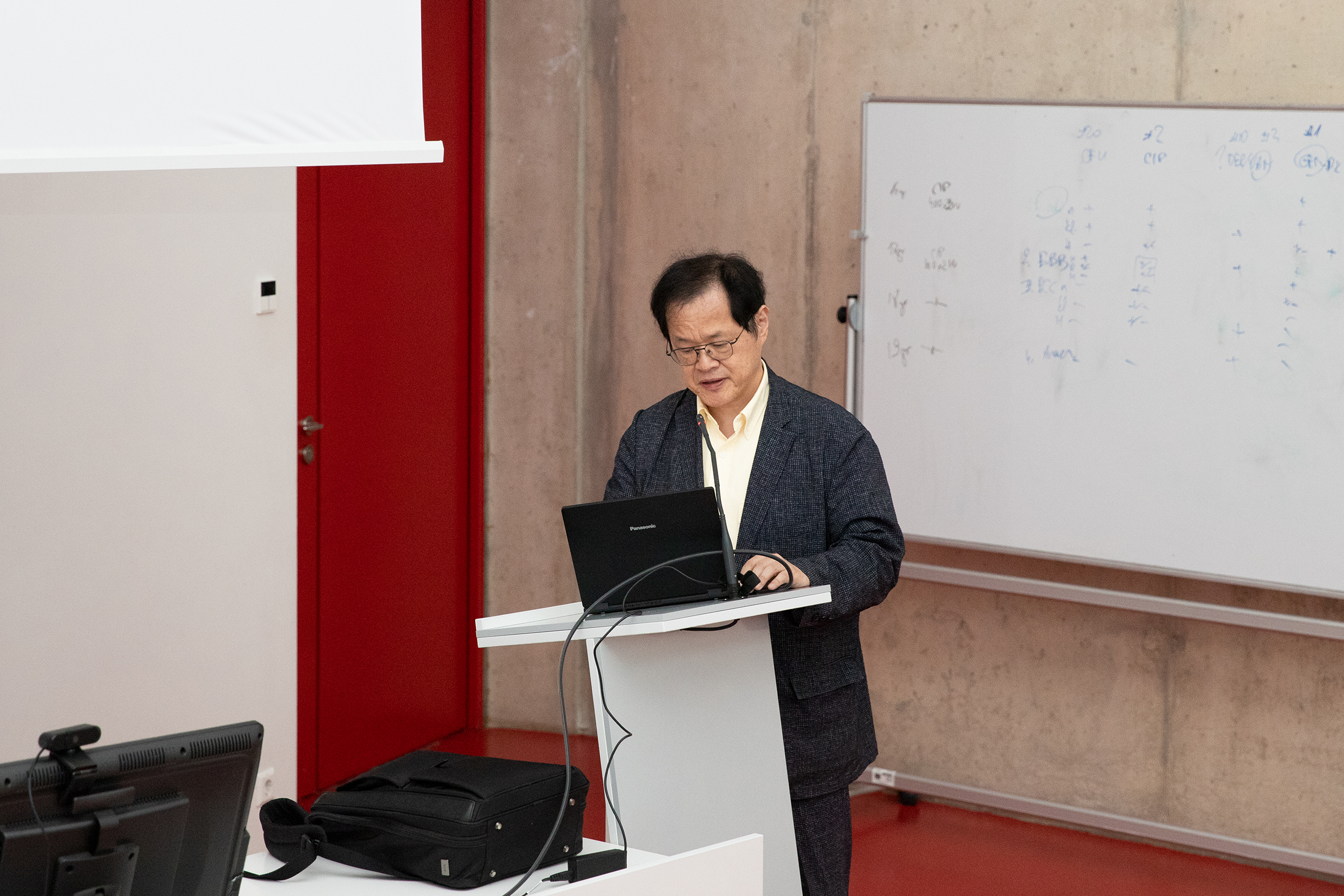
On 26 September the Lithuanian University of Health Sciences (LSMU) and Kaunas Clinics hosted a famous scientist from Japan Prof. Makoto Suematsu. He is the former longtime head of Japan’s Medical Research and Development Agency. Currently the professor is in charge of the Central Institute for Experimental Animals and Head of the Department of Biochemistry, Keio University School of Medicine.
The professor’s research interests include gas biology, metabolomics, metabolic imaging of malignant tumours. He received the Officer’s Cross of the Order “For Merit to Lithuania” in 2018 in recognition of his vigorous efforts to advance Lithuanian-Japanese medical collaboration and raise awareness of Lithuania around the globe.
Professor Makoto Suematsu visited the departments of the University and Kaunas Clinics, expressing interest in their clinical and scientific endeavours, innovations, and future prospects. He also read a lecture titled “Imaging metabolomics in humanised experimental platforms: Translation to control cancer and neurogenerative diseases” to the LSMU and Kaunas Clinics community.
During the lecture, the professor talked about his experience in developing new animal experiments, quality control, and imaging metabolomics using humanised experimental platforms. He also discussed the various research methodologies that he uses in his scientific activities and the most recent findings of his research.
“Since April 2024 we have been developing experimental medicinal platforms, where we research laboratory NOG mice with particularly weak immune system. Using gene editing technology, research is creating models of human disease in non-ape primates. We also conduct laboratory animal quality control, by observing disease agents, by using rodents without unknown microorganisms or microbes,” – the professor told the lecture participants about what he is currently working on.
NOG mice are rodents that have had human tissues and cells transplanted into them while maintaining their usual abilities to research human illnesses.
Following the lecture, the audience inundated the professor with questions. They wanted to know about the latest findings on diabetes, Parkinson’s disease, Alzheimer’s disease, and other illnesses. They also had questions about ethics and quality control. In addition to providing answers, the well-known Japanese researcher emphasised that he is amenable to working with others.
“I’ll be happy to tell you more as I’ll be remaining in Kaunas for a few more days. If we get the chance to collaborate on using these technologies in the near future, I will be pleased,” the professor stated.

